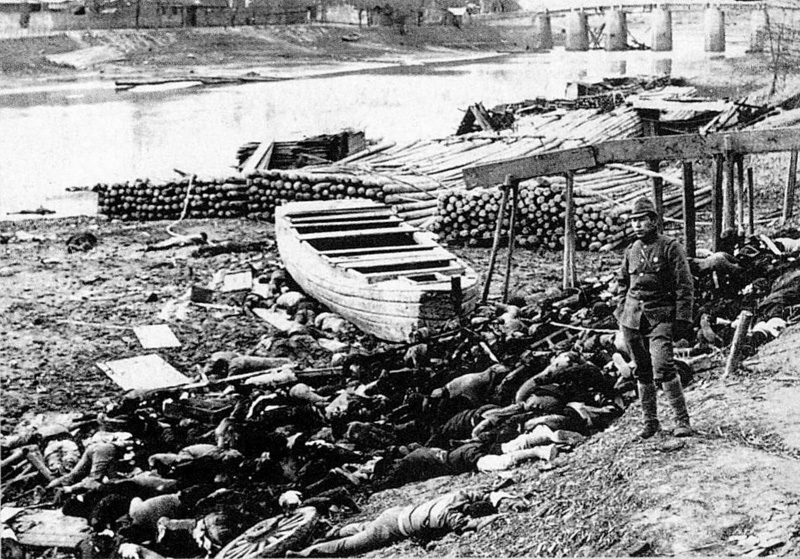Exploring the Historical Significance of the Nanjing Massacre

Introduction
The Nanjing Massacre, which occurred during the Second Sino-Japanese War, is one of the most harrowing events in modern history. Taking place over a six-week period starting from December 13, 1937, the massacre resulted in the brutal killings of an estimated 300,000 Chinese civilians and disarmed soldiers by Japanese troops. Understanding this pivotal moment not only sheds light on wartime atrocities but also serves as a reminder of the importance of peace, reconciliation, and historical memory.
The Atrocities of the Nanjing Massacre
The invasion of Nanjing, then the capital of China, led to a systematic wave of violence against its inhabitants. Eyewitnesses, including foreign missionaries and businessmen, documented horrific acts such as mass executions, widespread sexual violence, and the looting of homes and businesses. The International Safety Zone, established by Western foreigners to shelter civilians, could not protect them from the rampant violence. Reports from that time reflect a city in chaos, with entire families being murdered and women subjected to various forms of sexual assault. These accounts formed the basis of the evidence used in post-war trials, but the historical narrative remains contentious and debated.
The Historical Impact and Memory
The Nanjing Massacre has left deep scars on Sino-Japanese relations. For many in China, this event is emblematic of the suffering endured during Japanese occupation, and it continues to affect political and social sentiments today. Commemorations are held annually, and the Nanjing Massacre Memorial Hall serves as a site of remembrance for victims and a space for educating new generations about the atrocities of war.
Modern Responses and Controversies
Controversy still surrounds the Nanjing Massacre, particularly in Japan, where some nationalist groups downplay the extent of the atrocities or deny them outright. This has led to diplomatic tensions between China and Japan, with calls for acknowledgment and reconciliation from China often met with resistance. In an era of increasing globalisation and interconnectedness, the remembrance of events such as the Nanjing Massacre highlights the ongoing necessity for dialogue, understanding, and historical recognition as foundations for peace.
Conclusion
In conclusion, the Nanjing Massacre is a critical event in understanding the complexities of historical memory and the impact of war. Drawing lessons from the past is imperative for future relations and coexistence. As we reflect on the horrors of the Nanjing Massacre, may it inspire efforts towards reconciliation, peace, and a commitment to prevent such atrocities from occurring in the future.









